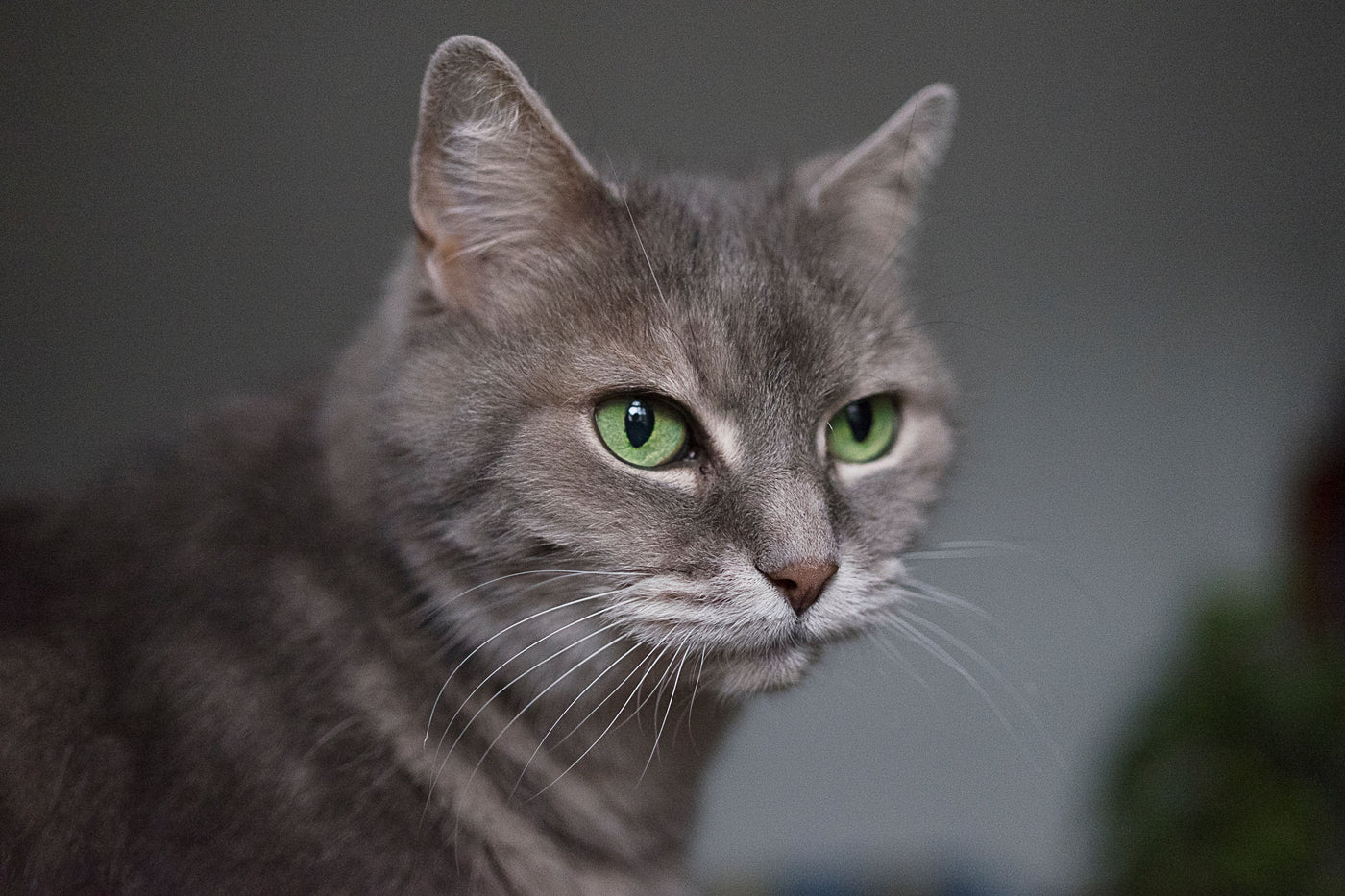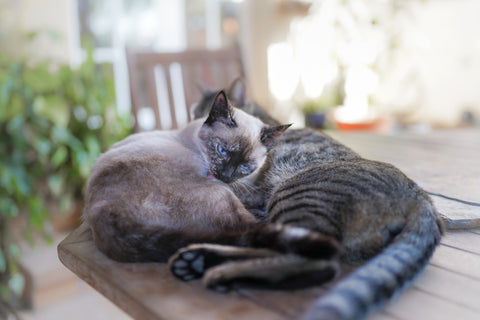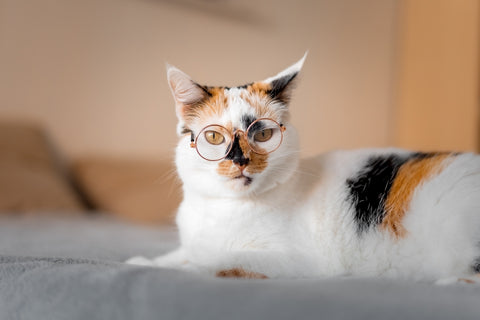
Basepaws has added new genetic health and trait markers to its flagship Breed + Health Cat DNA test. In the Health Marker section of your cat’s report, Basepaws provides their results related to 43 genetic disorders that are represented by 64 health markers. Mutations in different genes are associated with a higher likelihood of developing certain diseases or exhibiting specific traits. A genetic marker is the precise gene sequence change associated with a trait or a disease.
The complete list of genetic disorders currently included in the Health Marker section of the Basepaws report includes the following:
Metabolic disorders:
- Mucopolysaccharidosis I
- Mucopolysaccharidosis VI
- Mucopolysaccharidosis VII
- Neuronal Ceroid Lipofuscinosis (NCL)
- Porphyria, acute intermittent (AIP)
- Porphyria, congenital erythropoietic (CEP)
- Alpha-mannosidosis
- Niemann-Pick disease, type A
- Niemann-Pick disease, type C1
- Niemann-Pick disease, type C2
- Gangliosidosis, type GM2 (variant 0)
- Gangliosidosis, type GM1
- Gangliosidosis, type GM2 (variant AB)
- Wilson's Disease
- Dihydropyrimidinuria
- Pyruvate Kinase (PK) Deficiency
- Hyperlipoproteinaemia
Musculoskeletal and connective tissue disorders:
- Hypokalemic periodic paralysis (HYPP)
- Vitamin D-deficiency rickets, type IA
- Vitamin D-deficiency rickets, type IB
- Myotonia Congenita
- Ehlers-Danlos Syndrome (classic type)
- Fibrodysplasia Ossificans
Renal disorders:
- Cystinuria, type B
- Cystinuria, type IA
- Polycystic Kidney Disease (PKD)
- Primary Hyperoxaluria, type II (Oxalosis II)
Cardiovascular disorders:
Blood disorders:
- Factor XII deficiency
- Methemoglobinemia
- Haemophilia B
- Glanzmann Thrombasthenia
Eye disorders:
- Glaucoma, primary congenital
- Progressive Retinal Atrophy (AIPL1-related)
- Late-Onset Photoreceptor Degeneration (rdAc)
- Progressive Retinal Atrophy (KIF3B-related)
Endocrine disorders:
- Congenital Adrenal Hyperplasia (CAH)
- Hypogonadotropic Hypogonadism, congenital (TAC3-related)
- Hypothyroidism, congenital
Skin disorders:
- Inflammatory Linear Verrucous Epidermal Nevus (ILVEN)
- Epidermolysis Bullosa Simplex
Autoimmune disorders:
- Leukocyte Adhesion Deficiency (LAD)
- Autoimmune Lymphoproliferative Syndrome (ALPS)
The Basepaws Breed + Health Cat DNA test also screens for 25 genetic traits that are represented by 50 genetic markers.
In addition to learning about the genes responsible for your cat’s unique physical appearance, you will receive results for your cat’s blood type and their likelihood of having some genetically conferred resistance to the Feline Immunodeficiency Virus (FIV).
The full list of genetic traits is included below:
- Blood type
- Albinism
- Amber coat color
- Russet coat color
- Black coat color (melanism)
- Blotched tabby coat pattern
- Mackerel tabby coat pattern
- Burmese coat color
- Siamese coat color (pointed)
- Charcoal coat color
- Chocolate (dark brown) coat color
- Cinnamon (light brown) coat color
- Copal coat color
- Dilute coat color
- Curly coat (KRT71-related)
- Curly coat (LPAR6-related)
- Hypotrichosis (with short life expectancy)
- Long-haired coat
- Lykoi coat
- Osteochondrodysplasia and folded ears
- Polydactyly
- Short and kinked tail
- Short tail
- Sphynx coat
- Likely resistance to FIV
Basepaws will continue to make periodic updates to its genetic health and traits marker panel. These updates will come from both Basepaws’ internal research, as well as other sources of feline genetic research. If you have any questions about your cat’s report, you can email us at meow@basepaws.com.
Shop nowMore about your Basepaws Cat DNA Report:
1. Understanding your cat's report
2. List of Breeds
6. Chromosome Map



